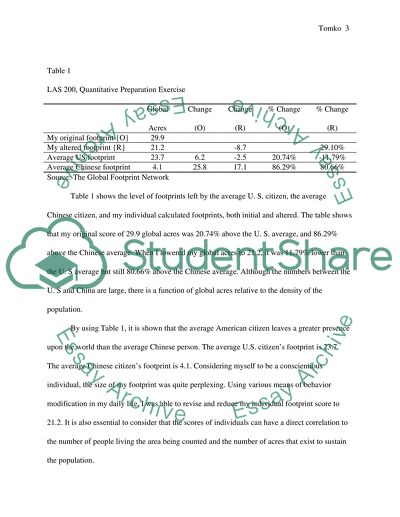Cite this document
(“Inherent Human Nature and Its Impact on The Natural World Research Paper”, n.d.)
Inherent Human Nature and Its Impact on The Natural World Research Paper. Retrieved from https://studentshare.org/sociology/1549759-human-nature-natural-science-essay
Inherent Human Nature and Its Impact on The Natural World Research Paper. Retrieved from https://studentshare.org/sociology/1549759-human-nature-natural-science-essay
(Inherent Human Nature and Its Impact on The Natural World Research Paper)
Inherent Human Nature and Its Impact on The Natural World Research Paper. https://studentshare.org/sociology/1549759-human-nature-natural-science-essay.
Inherent Human Nature and Its Impact on The Natural World Research Paper. https://studentshare.org/sociology/1549759-human-nature-natural-science-essay.
“Inherent Human Nature and Its Impact on The Natural World Research Paper”, n.d. https://studentshare.org/sociology/1549759-human-nature-natural-science-essay.


